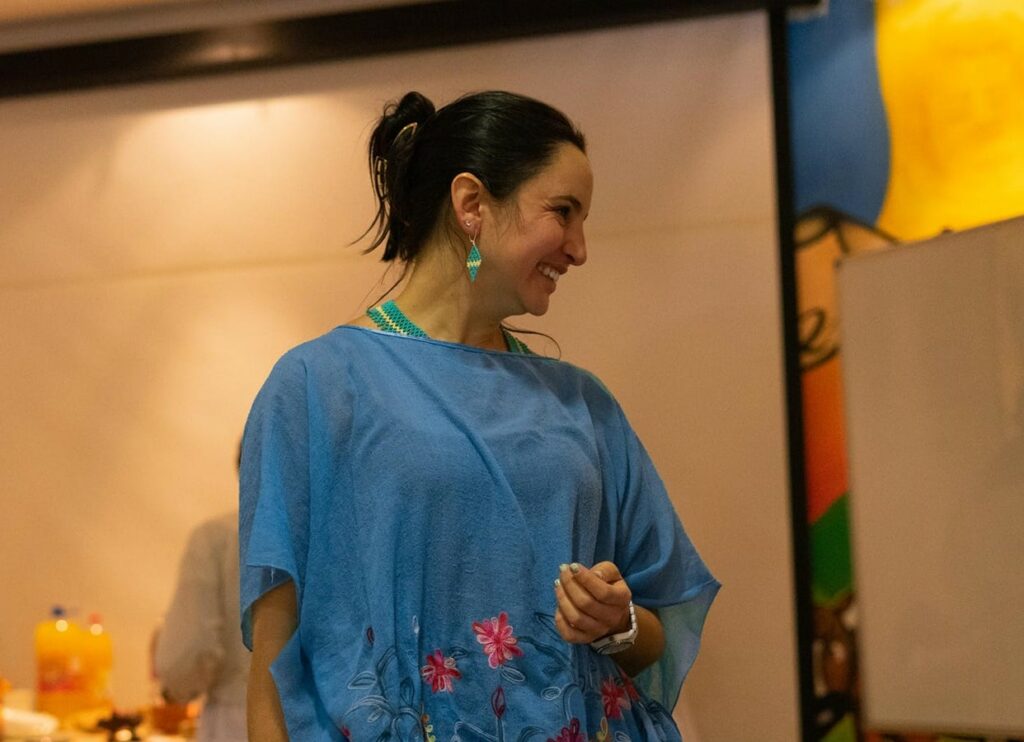Three questions with… Belen!
Our lab is growing! In our Three Questions series, we’re profiling each of our members and the amazing work they’re doing.
This post introduces Belen Febres-Cordero, the new manager of the ScholCommLab. In this interview, Belen shares what excites her about her work, both inside and outside the lab, and two pieces of advice from childhood that have shaped her curious and lively approach to research and life.

Q#1 What are you working on at the lab?
I’ve been informally connected with the ScholCommLab community for quite a while, and I’m thrilled to now officially join the team as the lab manager. In this role, I’ll be creating and sharing content, fostering community engagement, providing research support, and working behind the scenes to keep everything running smoothly. As someone who loves collaborating with different people, I’m especially excited to connect with the group members and learn more about the cool, impactful projects everyone is working on.
Q#2 Tell us about a recent paper, presentation, or project you’re proud of.
I hold close to my heart dozens of projects across the Americas that I’ve had the privilege of being part of over the last 15 years. Covering a wide range of areas – including communication, knowledge mobilization, community engagement, critical approaches, creative and participatory methodologies, migration, health, and human rights – they all share the common goal of amplifying underrepresented perspectives to improve communities’ lives according to their own priorities, worldviews, and needs.
I am particularly fond of my doctoral project in health communication, which I recently completed. In this initiative, I collaborated with 59 internal migrant women in Quito, Ecuador, to explore and share alternative expressions of health and well-being. I feel honoured and humbled by what I learned from each participant in the study. These women’s experiences not only change my perspective on what a good life means but also what we need to achieve one. Their presence and input also supported me during family illness and led me to redefine health amidst the COVID-19 pandemic. I’m forever grateful for the friendships I built with participants and collaborators during this challenging time.

Q#3 What’s the best (or worst) piece of advice you’ve ever received?
So many great pieces of advice I’ve been lucky to receive come to mind, but two of them stand out. From a young age, my grandpa pushed me to question anything I’m told or taught, regardless of the source, until I can justify it myself. This advice first sparked my love for research, as it motivated me to approach the world and my own beliefs through a critical and curious lens.
The second piece of advice came from a poster hanging in my mom’s office at the daycare she used to own. “Play is the highest form of research,” it read. I feel like the kid doing the puzzle, as depicted in the poster, every time I do something even remotely related to research. Inspired by this memory, I now have a self-made sign in my office that says: “Research is the highest form of play.” These words remind me that, while I should always approach work and life with both rigor and high standards, I must also make space for wonder, whimsy, and joy.
Find out more about Belen’s work on LinkedIn.